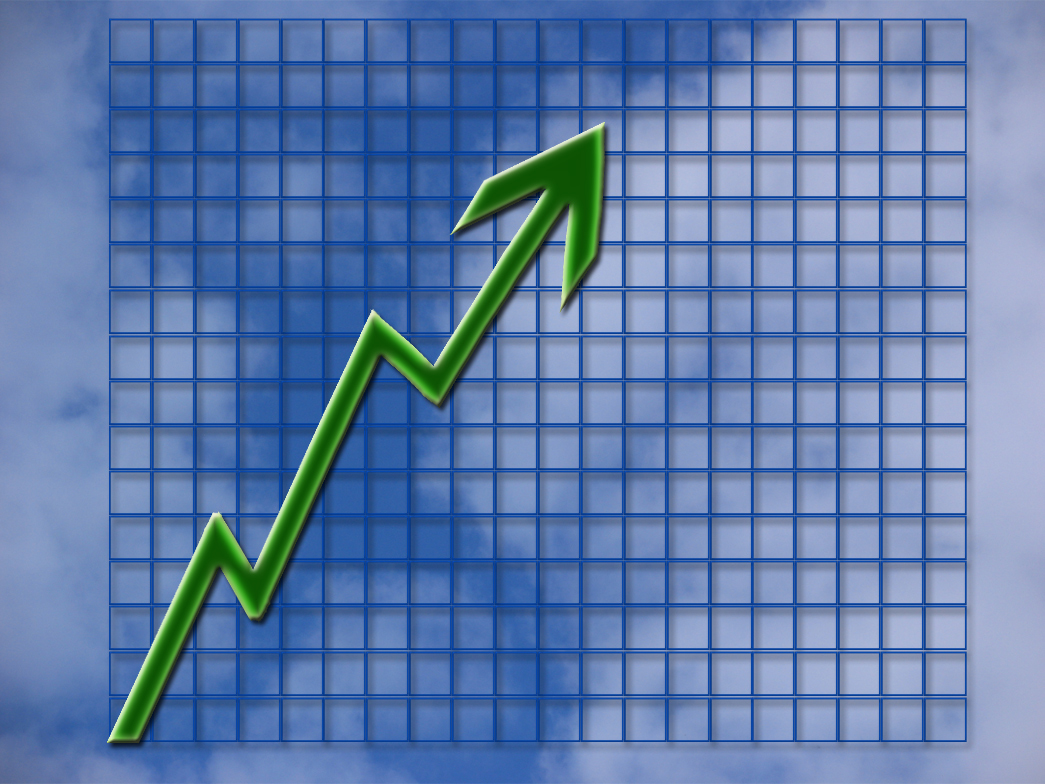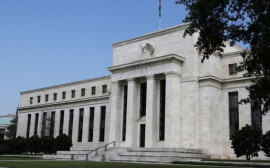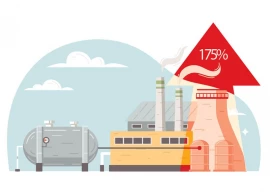
Pakistan’s inflation rose to a seven-week high at 1.27% in the week ending February 29, primarily due to the recent significant increase in gas prices by the government, which greatly influenced the short term inflation figures.
The weekly SPI (Sensitive Price Indicator) inflation had slowed to 0.04% in the previous week ending February 22, 2024.
According to the data from the Pakistan Bureau of Statistics (PBS), inflation surged by 32.73% in the week under review compared to the same week last year, indicating that short-term inflation has remained elevated.
The SPI increased by 1.27% on a week-on-week basis, driven by a 15.52% surge in gas prices to Rs1,976.50 per mBtu (million British thermal unit) compared to Rs1,711/unit in the previous week.
This was followed by bananas, which became 5.25% more expensive at Rs143.53/ dozen compared to Rs136.28/ dozen in the previous week.
Read Gas price surge expected to propel inflation to 25%
Onion prices increased by 2.87% to Rs178.02/kg compared to Rs173.06/kg, while egg prices rose by 1.32% to Rs251.92/dozen compared to Rs248.65/dozen in the prior week. Prices of other essential commodities increased by less than 1%, including prepared tea, potatoes, garlic, beef, moong pulse, and georgette fabric.
During the week, out of 51 items in the SPI group, prices of 14 (27.45%) items increased, 12 (23.53%) items decreased, and 25 (49.02%) items remained stable.
The year-on-year trend shows an increase of 32.73%, with gas charges for Q1 increasing by 570%. Prices of other food and energy commodities rose by 31-178%, including tomatoes, chili powder, wheat flour, men’s sponge sandals, men’s sandals, sugar, jaggery, garlic, powdered salt, and Lipton tea, according to the PBS.
On the other hand, Pakistan’s benchmark monthly inflation rate (CPI/ Consumer Price Index) slowed to a 20-month low at 23.1% in February 2024, compared to 28.3% in the previous month of January 2024.
Financial experts believe that the inflation rate will further decelerate to below 20% in March, making a strong case for the first cut in the central bank’s key policy rate (interest rate) in March or April 2024.
The State Bank of Pakistan has maintained the rate at a record high of 22% since late June 2023 to date. T
he decrease in the interest rate would make bank borrowing more affordable for industries and businesses. This rate cut would enable businesses to resume borrowing from commercial banks for expanding their existing production lines and setting up new businesses, potentially leading to moderate economic growth of 2-3% in the current fiscal year 2023-24









1730963708-0/Express-Tribune-Web-(27)1730963708-0-270x192.webp)










COMMENTS
Comments are moderated and generally will be posted if they are on-topic and not abusive.
For more information, please see our Comments FAQ